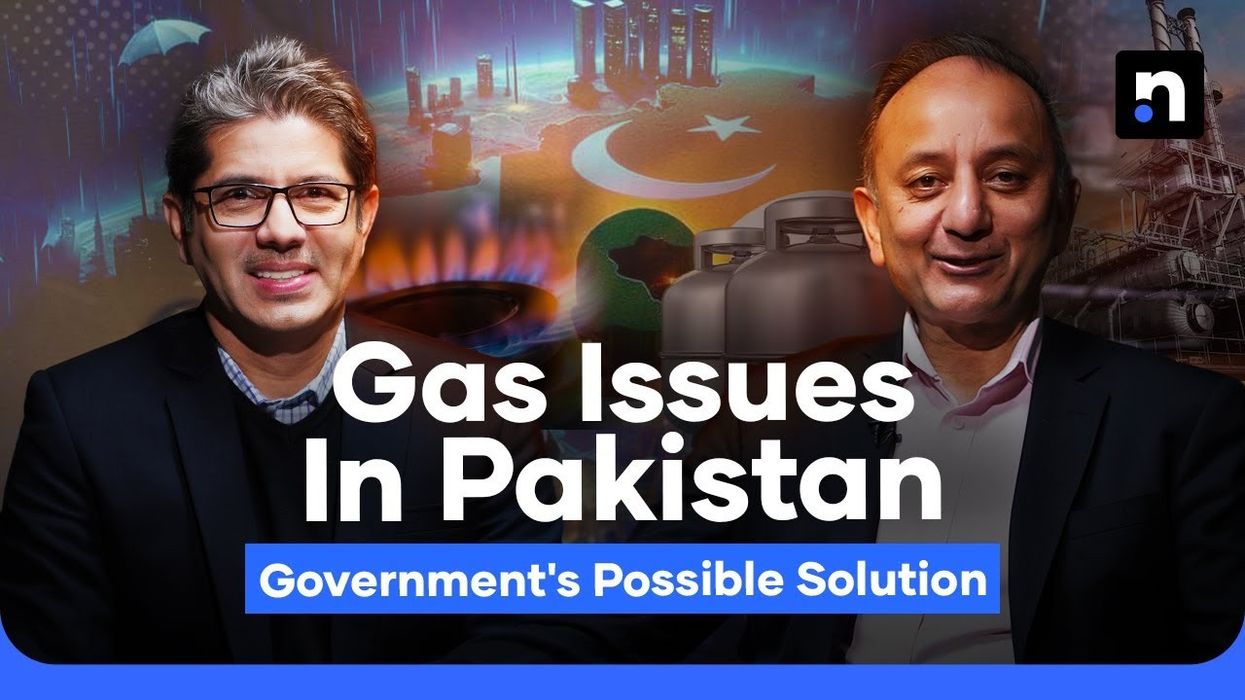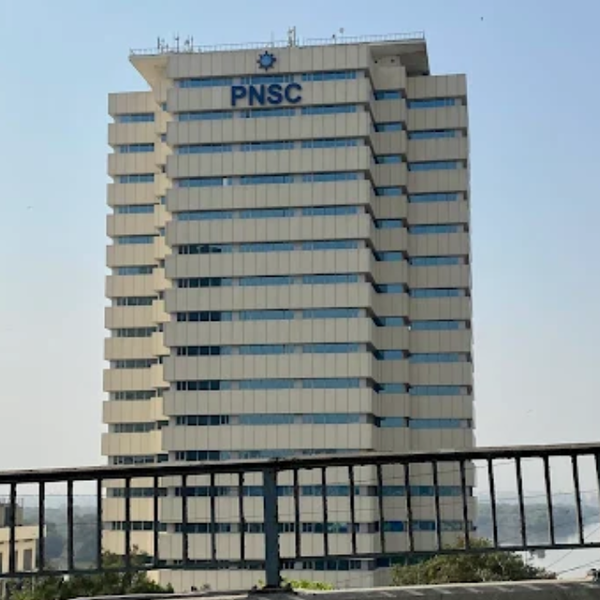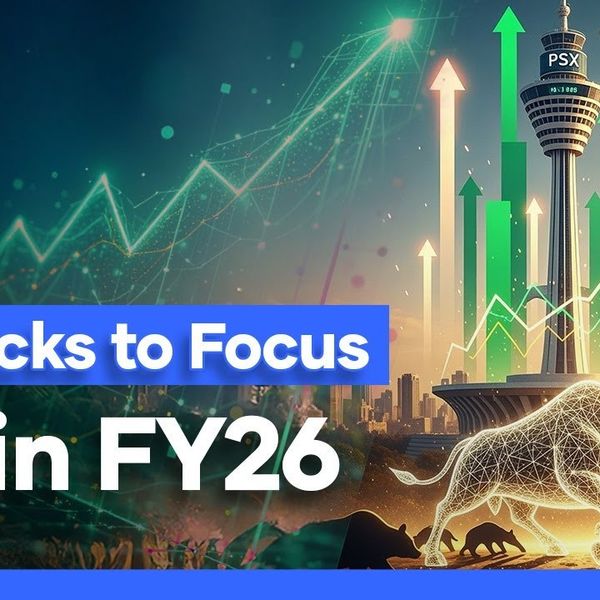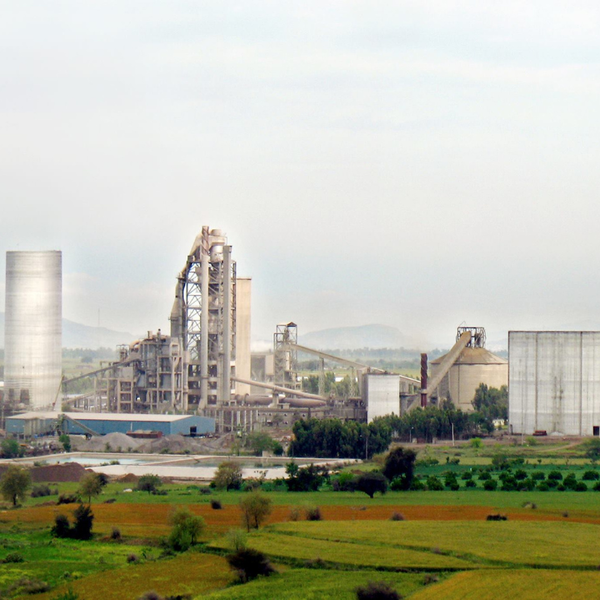Pakistan all set to auction 24 offshore exploration blocks
Petroleum minister proposes fixing uniform price of all available natural gas
Business Desk
The Business Desk tracks economic trends, market movements, and business developments, offering analysis of both local and global financial news.
Pakistan is all prepared to auction offshore exploration blocks, with an invitation for bids expected in the coming weeks. In the first phase, 24 blocks will be available for auction.
In an exclusive interview with Nukta, Federal Minister for Petroleum, Musaddik Malik, revealed that large-scale reservoirs have been identified offshore, which has attracted interest from both foreign and local companies.
Foreign companies can participate in the auction through three methods: They can join a consortium of companies, which has been formed to help mitigate risks for foreign investors, with the consortium bearing the majority of the investment; they can operate individually; or they can partner with any local company.
Addressing the issue of gas unavailability and low pressure, Malik stated that the country lacks sufficient gas to serve issued connections, with gas reserves depleting. From 2020 to 2022, gas reserves on the Sui Southern Gas Network (SSGC) depleted by around 22%, with an overall annual depletion rate of 8%, similar to the Sui Northern Gas Pipelines (SNGPL) network.
Malik noted that while LNG is available, it is too expensive for power plants and domestic consumers. "We are left with one solution: buy expensive LNG and sell it cheaper," he said. The government can purchase LNG at PKR 3,600 per mmbtu and sell it at PKR 1,200 per mmbtu for domestic use, and placing the losses in circular debt.
Power plants receive three types of gas, including LNG, which is provided to the world's most efficient plants. However, the high cost of gas limits their operation to 40% capacity, necessitating capacity payments. With LNG, electricity production costs PKR 22-24 per unit, whereas indigenous pipeline gas would reduce costs to PKR 10 per unit.
Malik proposed merging all gas types and fixing a uniform rate, ensuring gas-producing regions retain the first right to gas. This would enable plants to operate at full capacity and utilize the 300-400 mmscfd gas currently unsold, ensuring gas availability for consumers.
He emphasized the need for a uniform gas price to resolve these issues, despite some confusion surrounding its implementation.
Malik also mentioned that a revised water policy and flood mitigation policy have been prepared, with the Asian Development Bank (ADB) agreeing to finance these projects. Efforts are underway to involve provinces in these initiatives.
Malik advocated for electric cars and transportation to reduce pollution and urged industries to adopt newer technologies to minimize their carbon footprint. He warned that cutting gas to captive power plants could lead to a switch to coal-based generation, which would be counterproductive.
Musaddik Malik said the refinery policy had been prepared and agreed upon. Refineries are expected to sign it in the coming weeks.
The minister informed the delay in the implementation, which has hindered investment in the sector, is attributed to unresolved taxation issues due to limitations imposed by the International Monetary Fund (IMF).
Malik expressed optimism that these issues would be resolved within a few weeks, as Pakistan is already in discussions with the IMF and has presented proposals.
The finalization of the policy is expected to open new investment opportunities in the refining sector.








Comments
See what people are discussing